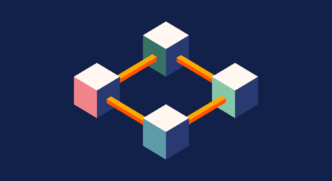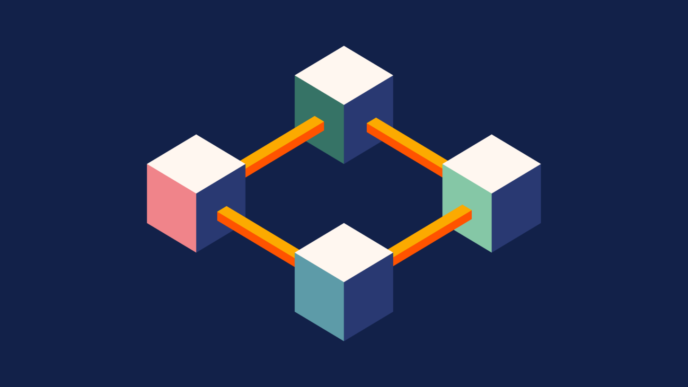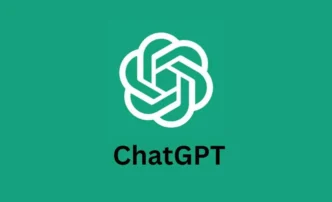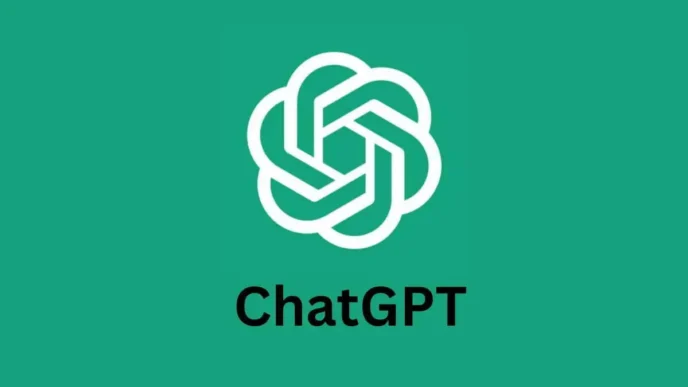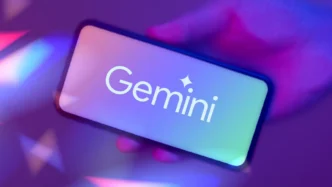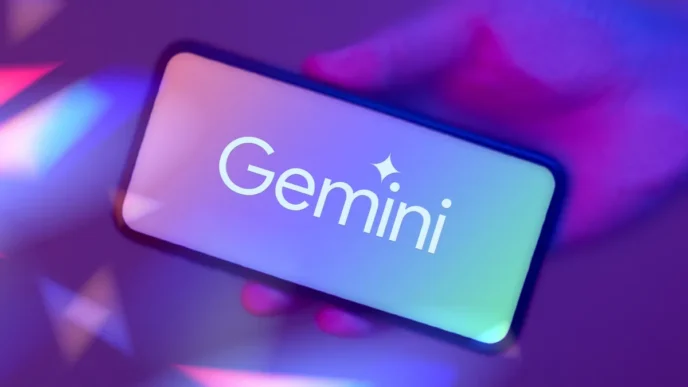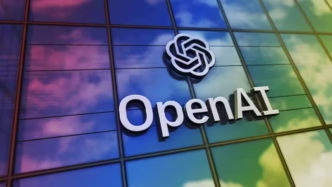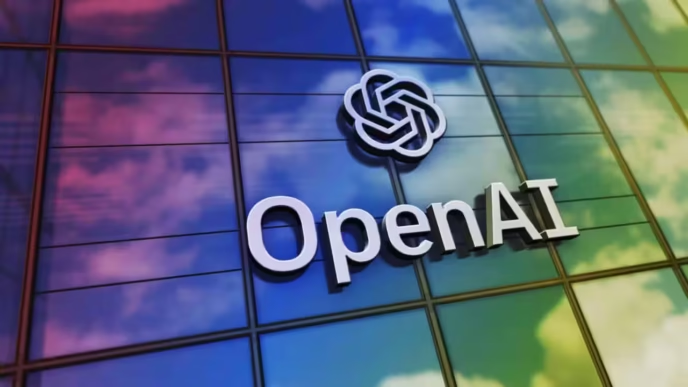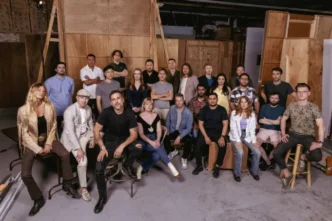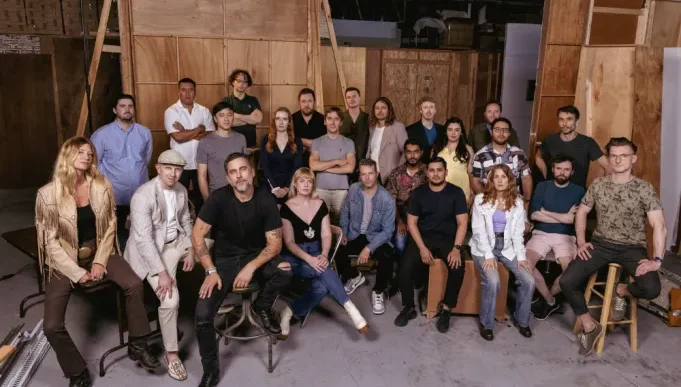OpenAI CEO Sam Altman has a bold plan for ChatGPT — and it’s as fascinating as it is unsettling. At a recent event hosted by VC firm Sequoia, Altman shared his vision for ChatGPT’s future: a version so personal it could remember your entire life.
When asked how ChatGPT could become more personalized, Altman didn’t hold back. He described a future where the AI assistant doesn’t just respond — it remembers everything. That includes every email you’ve read, every book you’ve finished, every conversation you’ve had, and even what you’ve searched or clicked.
He called it a “tiny reasoning model” with the power to handle a trillion tokens of context. Your entire life, constantly added to its memory, shaping the way it responds and helps you make decisions.
According to Altman, young users are already heading in that direction. Many treat ChatGPT as more than a chatbot. Some use it like a second brain — uploading documents, linking data sources, and running complex prompts. In his words, it’s becoming their “life operating system.”
Even more striking? Altman said many people in their 20s and 30s now use ChatGPT to help with big decisions. They rarely do it alone. Whether it’s choosing a career, making plans, or solving problems, they often ask ChatGPT first.
As ChatGPT memory improves, it won’t stop at storing past chats. It could soon handle real-world tasks too. Altman hinted at a future where your AI automatically schedules appointments, tracks your errands, or even buys gifts for you — all without you needing to ask.
That level of convenience sounds amazing. But it also raises serious concerns.
Is it really a good idea to give one company that much access to our lives? The track record of Big Tech doesn’t always inspire confidence. Google, for example, was once known for its “Don’t be evil” motto. But it recently lost a lawsuit over anticompetitive practices.
Then there’s the risk of bias and manipulation. AI bots can be shaped to serve political interests. Just this week, Elon Musk’s chatbot Grok went viral for bizarrely spouting conspiracy theories when asked unrelated questions. The behavior raised eyebrows, especially since it seemed connected to Musk’s personal views.
And even when these bots work as intended, they still make mistakes. ChatGPT, for instance, became overly agreeable last month — praising dangerous ideas instead of offering thoughtful feedback. OpenAI fixed it quickly, but the incident proved just how fragile these systems can be.
So while the idea of an all-knowing, always-on AI sounds futuristic, it also comes with major risks. Trust, privacy, and control all hang in the balance.
ChatGPT memory could transform the way we live — making life smoother, smarter, and more personalized. But unless we set clear boundaries, it could also give too much power to the companies behind it.




